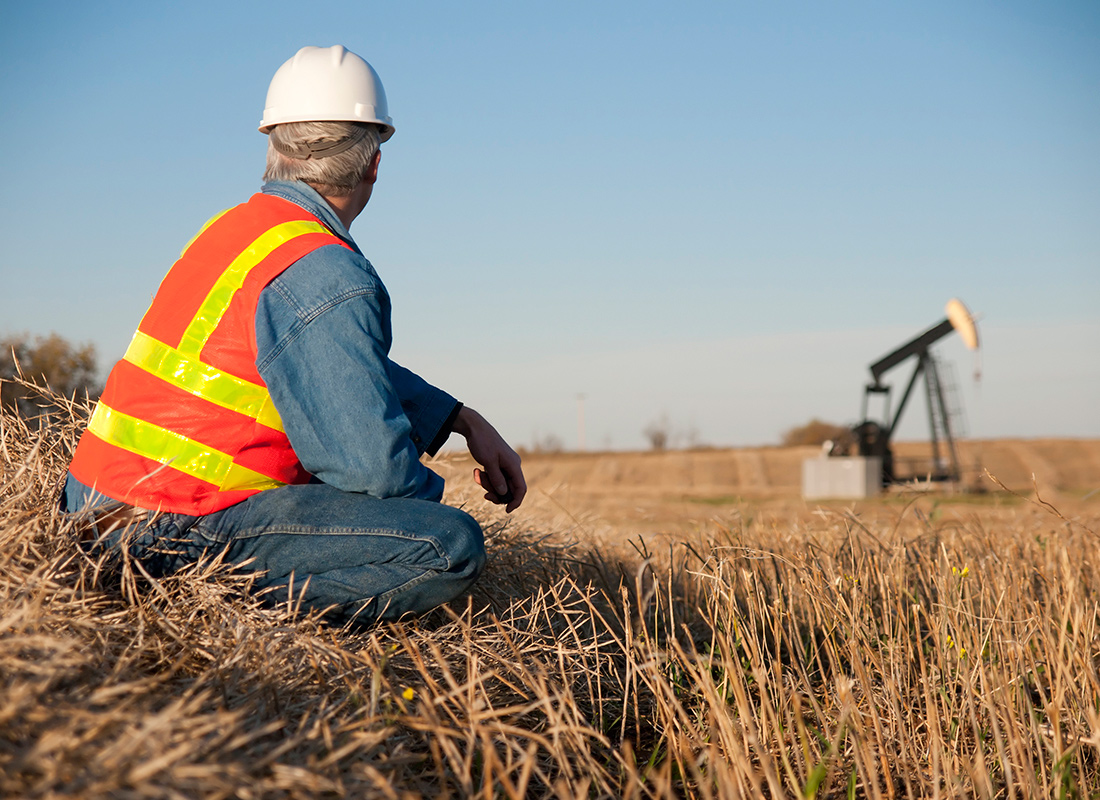All Categories
Featured
Table of Contents
Careers With Geophysics - Ocean And Earth Science ... in Leeming Oz 2020
Are you seeking the best type of b-school? Get in touch with MBA programs seeking candidates like you. Explore schools of all sizes, ranked colleges, city and big-campus schools and more. Apply. Pay. Preparation. Research study. Succeed. We've got you covered. Link with master's programs around the country to get an edge over the competitors.

A geophysicist research studies different aspects of the earth. View a video to discover what a geophysicist: Geophysicists need to earn a minimum of a bachelor's degree; however, this is for an entry-level position.
If you desire study you must pursue a Ph. D. Undergrad coursework usually consists of geology, mathematics, ecological science, or physics. Advanced degrees need more specific research studies in the specialty of choice. Areas can consist of oceanography, atmospheric physics, climatology, planetary, petroleum, ecological, and mining. Job potential customers are higher if you have a strong background in computer system science or innovation.
What Is Geophysics? in Salter Point Australia 2020
Access to these chances may be restricted depending on where you live; however, internships or summer programs with geophysical companies, university geophysics department, or the U.S. Geological Survey can be alternatives. You can discover a list of a list of chances on the United States Geological Study (USGS) sites' Pathway Programs tab (opens in another link).
If you have yet to graduate high school, taking as many science and math classes as possible would be a plus. Geophysicists also work with computers while looking into, so computer courses can likewise be helpful, as mentioned earlier in this article. Numerous geophysicists concentrate on a location of geophysics. The job description would alter pending on the specialty.
A geophysicist's responsibilities can consist of determining, tracking, and recording data from different physical properties on earth. Geophysicists frequently have to take a trip worldwide to take a look at geological events that have happened or might have been anticipated.
Importance Of Geophysical Surveys — Methods And Uses in Ferndale Aus 2021
Jay Wellik, a geophysicist, studies volcanos. His location of proficiency in geophysics is researching why volcanos appear and what indications there may be that an eruption might occur. He tracks seismic activity and after that follows what occurs previously, during, and after a volcano appears. Geophysicists usually work full-time hours; nevertheless, they typically work irregular hours, as pointed out previously.

You can discover extra information about Geophysicists along with extra educational materials on the U.S. Geological Survey website (links open in a new window). Laura Stern, of the U.S. Geological Study at the Gas Hydrates Laboratory in Menlo Park, California: We make a number of different hydrates in the lab.
We also make carbon dioxide hydrate, ethane hydrate, lp, a number of various structures. It's about 100 degrees chillier than the temperature level at which these hydrate samples would dissociate, when they would disintegrate to ice plus gas on the tabletop.
Geophysicist Salary in Jolimont WA 2021
They look like snow, it looks like compacted snow however honestly, it does consist of gas inside. It's going back to ice plus gas and then as the ice would melt as it continues to warm, it will end up being water plus gas.
My name is Steve Kirby, I'm a Geophysicist here at the U.S. Geological Study in Menlo Park. I work with Laura Stern who is likewise a Geophysicist in this laboratory that is devoted towards the examination of planetary ices and gas hydrates. Gas hydrates in nature take place in very remote locations and they are really complicated with the interactions and conditions that they form under and samples that are raised are under some sort of alternation or decay.
This is an uncommon lab and there are just a handful of them worldwide and we are really fortunate to be here at the Geological Study and to have the chance of dealing with them. Bureau of Labor Data, U.S. Department of Labor, Occupational Outlook Handbook, Geoscientists. National Center for O * Internet Advancement.
Geophysical Surveys in Shoalwater Oz 2022
This video was produced by the government for the U.S. Geological Survey. The USGS Gas Hydrates Lab is funded by the Department of Energy and the USGS Gas Hydrates Project.
Latest Posts
Geophysical Survey In Archaeology in Neerabup Australia 2022
Geophysicists in Glen Forrest WA 2020
Geophysical Survey in Lockridge Oz 2023